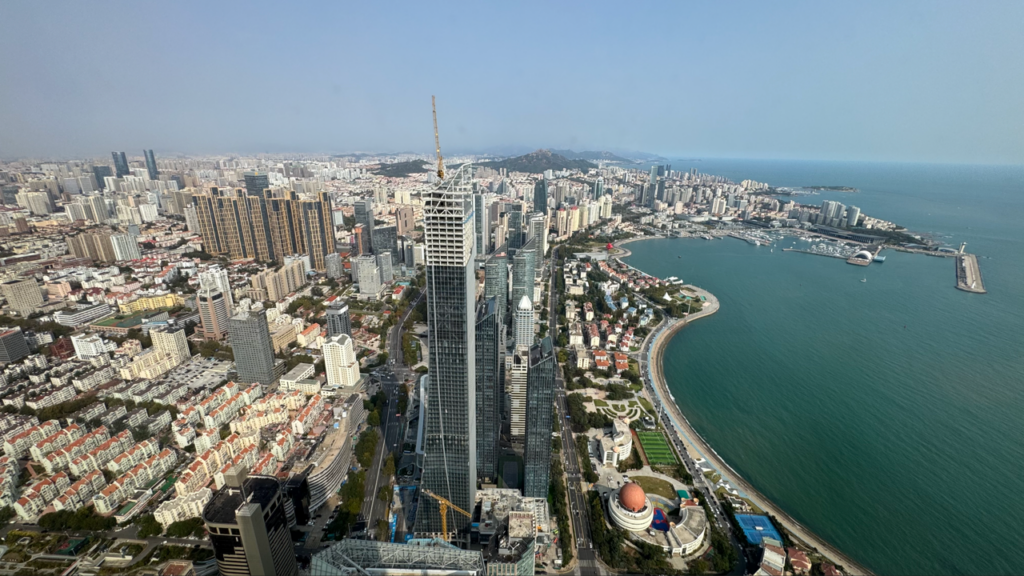Green Carbon is a quarterly academic journal initiated in 2023 through a cooperation of KeAi, a publishing organization under the Chinese Academy of Sciences, and Elsevier.
The editorial office of Green Carbon is at the CAS Qingdao Institute of Bioenergy and Bioprocess Technology QIBEBT, or more precisely at the Shandong Energy Institute which is under the control of QIBEBT. One of the two Editors-in-Chief of Green Carbon is Professor Xuefeng LU who is also Director General of both institutes.
In 12 months since its inception, Green Carbon has published 42 articles which have been cited times. Thus, the impact factor at present is 15. Green Carbon is referenced by Chemical Abstracts and PubMed.
Green Carbon’s Germany offices are Bio4Business in Stuttgart www.bio4business.eu and KADIB in Frankfurt/M https://www.kadib.de
Latest Green Carbon Posts
青岛 Qingdao
– General information
Qingdao is a coastal town in Shandong Province with some 10 million inhabitants. It extends over some 11.000 km2, about 4 times the size of Luxemburg, the Saarland or Vorarlberg.
Qingdao’s history bears many elements of German and Japanese occupation and is documented in museums such as the Qingdao Mountain Battery Site Museum 青岛山炮台遗址展览or the Jiaoji Railway Museum located in Qingdao Station 胶济铁路博物馆.
learn more
Qingdao is a major seaport and naval base and classified as a Large-Port Metropolis. It is home to electronic multinationals such as Haier and Hisense and to China’s second largest brewery, the Tsingtao brewery – a legacy of German occupation https://en.wikipedia.org/wiki/Tsingtao_Brewery. A German Eco-Park is located in Qingdao http://www.sgep-qd.de/index/index and provides information on ongoing bilateral activities.
Qingdao is also one of the world’s top 50 cities for global scientific research as tracked by the Nature Index. It is home to several notable universities, including the Ocean University of China, China University of Petroleum, Shandong University of Science and Technology (Qingdao branch), Qingdao University of Science and Technology, Qingdao University of Technology, and Qingdao Agricultural University. The Chinese Academy of Sciences operates two institutes in Qingdao:
- The Center for Ocean Megascience http://www.coms.ac.cn/home/ , and
- Qingdao Institute of Bioenergy and bioprocess technology (QIBEBT) http://english.qibebt.cas.cn




